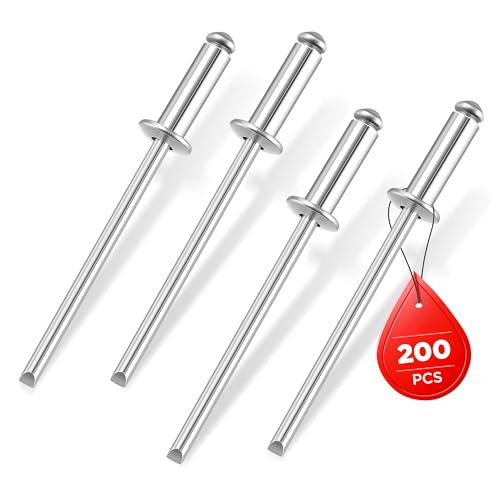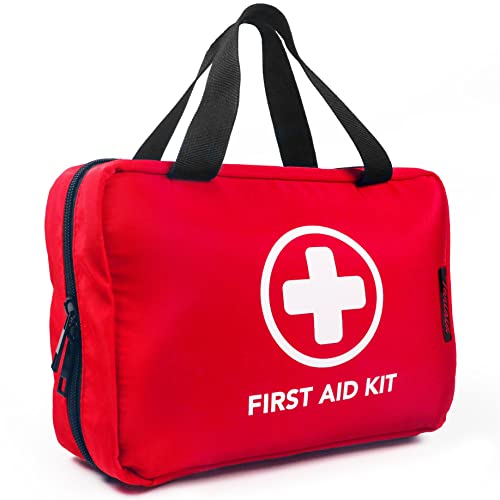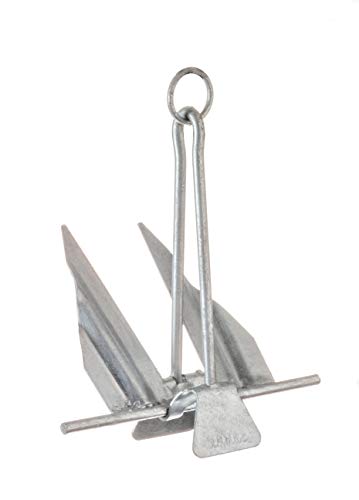I'd leave it where it is, why bother getting involved in a project with no definite outcome.
No matter why the low compression, its not good, and guaranteed to cost you more to fix than just buying one with good power head in the first place.
Those are some of my favorite motors but all that I've run across that have failed, failed badly due to owner neglect. Either due to overheating, lack or oil, or over revving with the wrong prop.
I just took a 1983 60hp apart that had 47 psi on the lower cylinder, the piston had galled badly, the rings were broken, the piston cracked along the ring lands and there was shavings throughout the engine. It ran fine and idled cold, but had no power and wouldn't stay running once it warmed up a bit.
My guess is that it either ran without enough oil or it leaned out due to a dirty carb. The block was trash, the piston was trash as well. The upper cylinder had 122psi with moderate wear.
It was in no way worth fixing so sold the lower unit, carbs, flywheel, starter, and hood and tossed the rest in for scrap.
There are three different groups of those motors in the 80's too,
78-84 - First group in this era of motors, sold as 50 to 60hp, flywheel rated hp
85-87 - Second group is much the same as the first but with the option of VRO automatic oiling and net HP ratings. These motors also used an enrichment solenoid vs a choke plate in the carb.
88 to 92. - Third group is the last of the more desirable years, Sold as 40-50 hp these added the option of internal tilt and trim, had a slightly lighter, more streamlined lower unit. The small, slightly undersized tilt rams on these were often problematic and costly to repair. Both the manual and power tile models used a 'ram', with the manual model being a gas charged sealed unit operated with a cable and release valve vs. a hydraulic pump and cylinder.
The lower weight, and some minor power head changes made these slightly better on gas than those that came before.
In good condition, I'd take any of the three groups, all were and can still be very reliable motors and the high numbers in which they were built means parts will be around for many more years.
Very few of these years had power tilt and trim, it didn't become a real option until the '88-92 models I've only run across a handful over the years. 92 motors with it are more common but it adds a lot of weight. Many older boats rated for a 50 or 60hp can't handle the added weight.
I buy and save any that I find for sale cheap in running condition. I currently have a half dozen spare motors in the garage, with a pair of 1979 55hp motors, an '83 60hp, two 89 50hp, one long, one short shaft. and a few others that have minor issues like chipped skegs, or bracket issues. I think one has a piece of steering cable broke off in the tilt tube.
I've owned and run at least two dozen of these motors over the years and find them easy to work on, trouble free, long running motors that need only the minimal amount of care to survive. I have little doubt my '79 55hp and my '89 50hp will no doubt outlive me.




















































